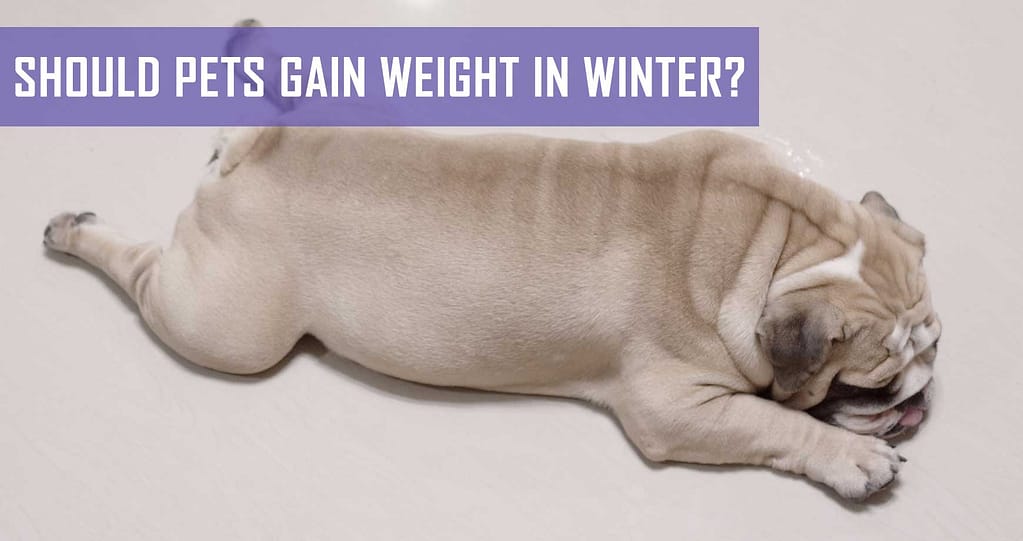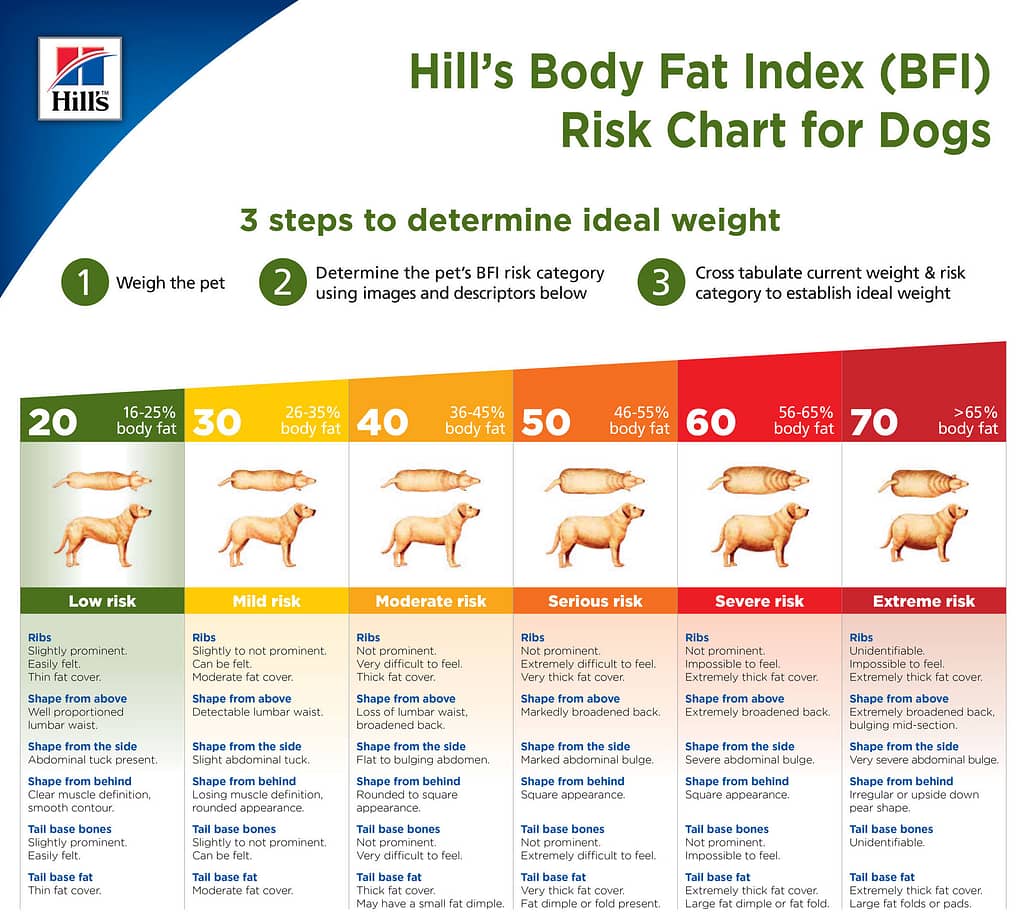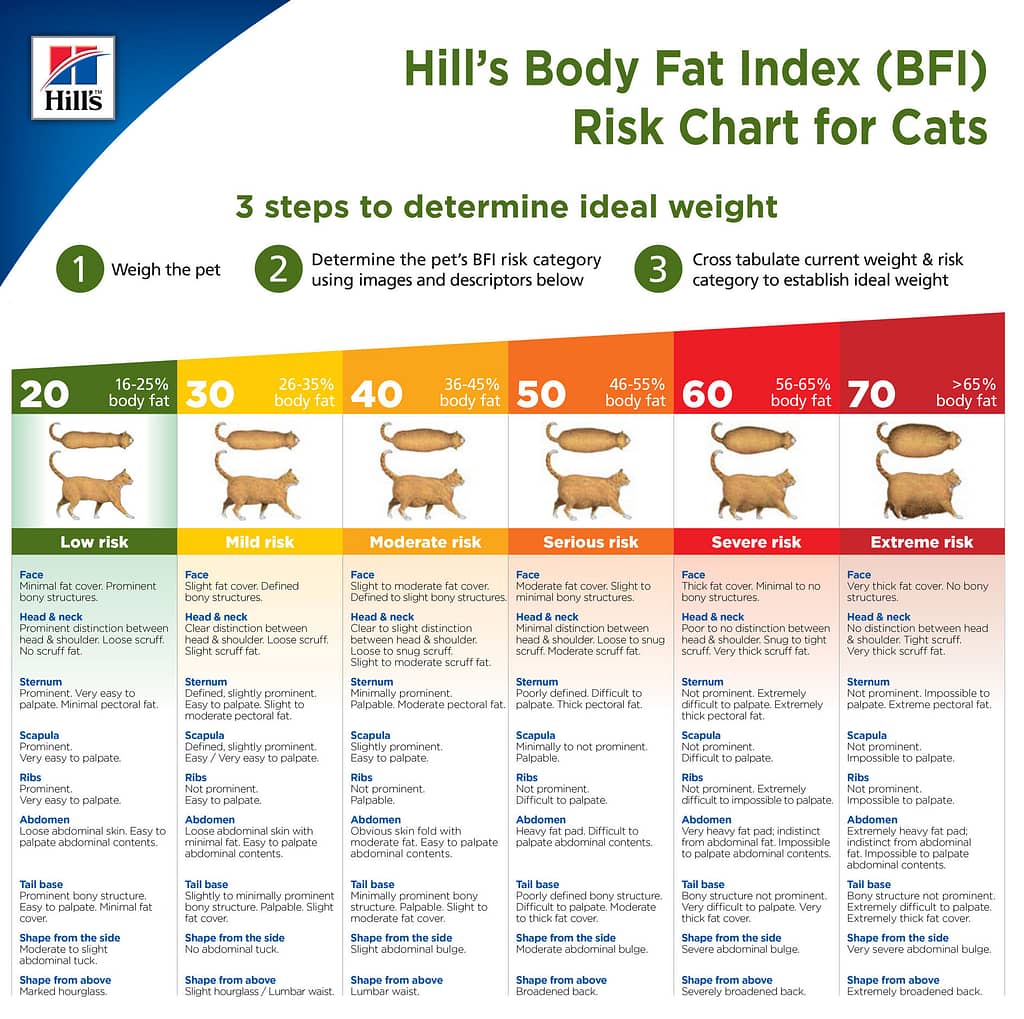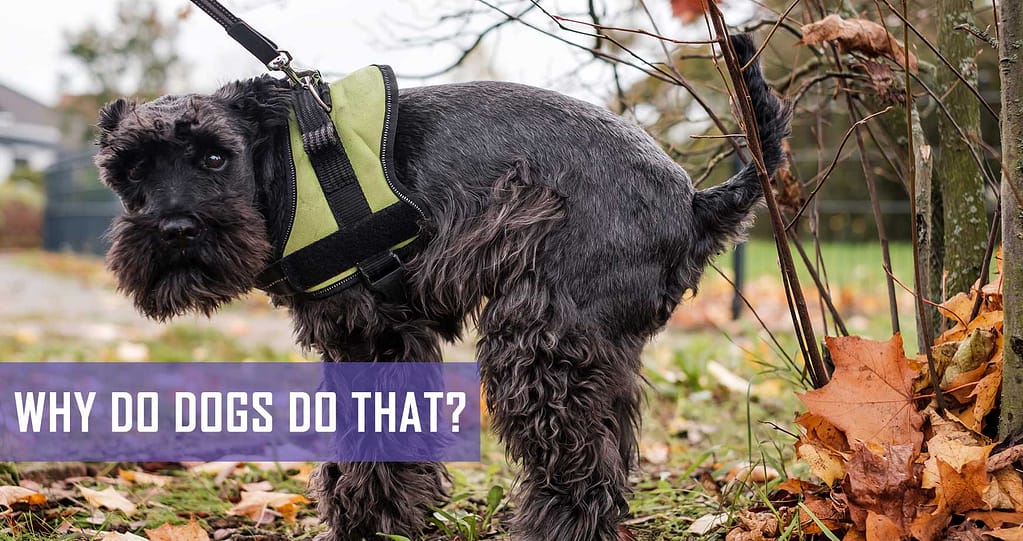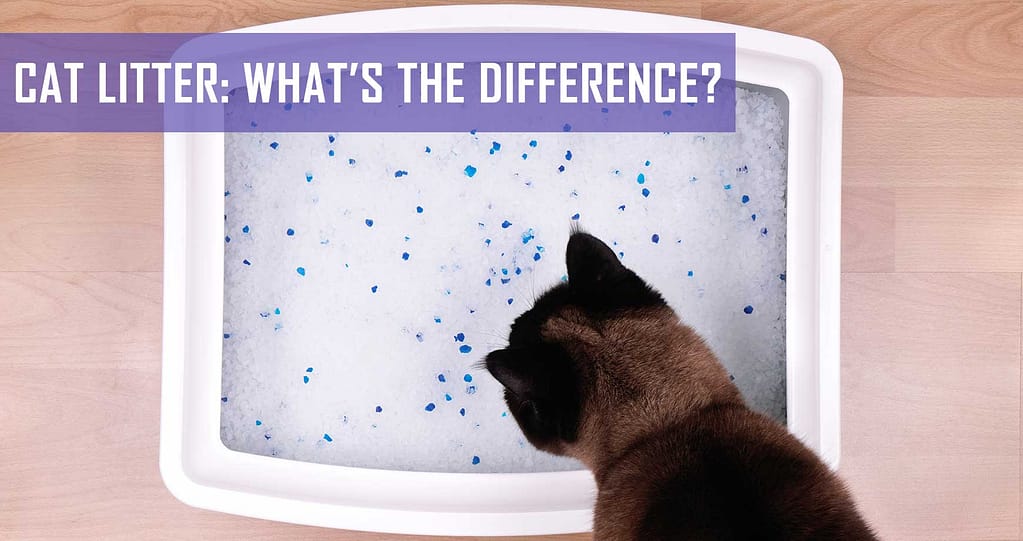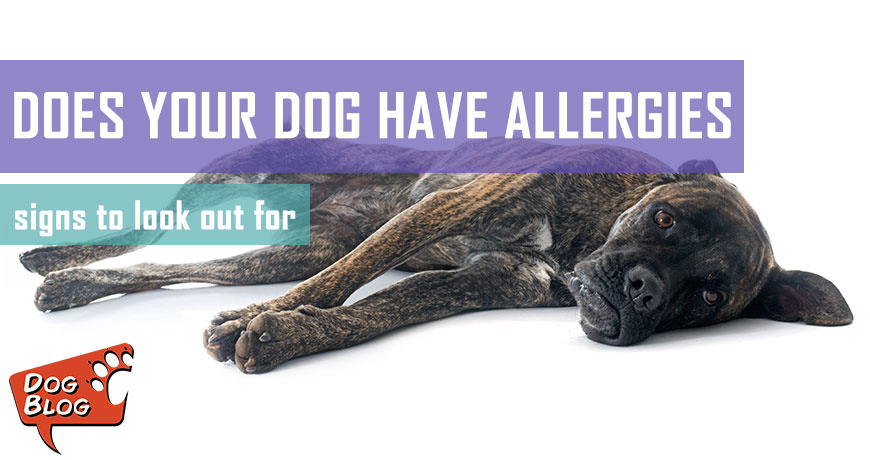The change in seasons has a knack of changing our behaviour and habits. For instance, in summer, there’s no hesitation to go outside for a jolly jaunt with your dog, while in winter, it may take a lot more motivation to face the cold and go for walkies. Similarly, humans are less inclined to head outdoors and take advantage of the weather… because, well, brrrr! This means that you and your furry friend may end up with a little more winter padding than intended.
Calories in vs calories out
The science behind winter weight gain is fairly simple: humans and their pets are less active in winter, but instead of adjusting our food intake to match lower levels of activity, we comfort eat instead to keep our bellies full and our bodies warm. We end up consuming more calories than we burn off. And we’re pretty sure that while you reach for that extra rusk for your coffee and Rollo the retriever pleads with you for a bite, you give in and give him a dog treat as well!
Extra padding?
It’s very easy to justify the weight gain as a necessary extra layer of insulation to keep your pets warm in winter, but that’s a slippery slope to pet obesity! Outdoor working dogs like Siberian huskies and Alaskan Malamutes that actually live in the colder parts of the world do have evolutionary mechanisms in their bodies that help them to stay warm and energised in sub-zero temperatures. These working dogs as well as sporting breeds may need additional calories in winter because they are active and outside, but your average domestic doggy diva… does not! Your spoiled spaniel or pudgy pug won’t need an extra layer of fat to keep him warm in winter – that’s what blankets, warm bedding and doggy jerseys are for!
Cats are a little different
Cats are more primal in their caloric consumption between summer and winter. They consume around 15% less food in summer and are less active when it’s very hot. But in winter, cats consume more food to help fuel the extra effort required to stay warm. Their food consumption matches the change in activity levels between summer and winter – say researchers from the University of Liverpool’s School of Veterinary Science. They encourage cat owners to feed their cats according to this pattern, but since South African winters are not as extreme as those in the northern hemisphere, it’s important to keep an eye on your cat’s food consumption and weight/body condition anyway.
What to do about the winter weight
Just like humans, pets’ weight should be proactively managed. If you’re concerned about your pet’s weight, ask your vet for an assessment using the body condition score (BCS) chart and to recommend a weight management programme to get your pet down to a healthy weight. When feeding your pet, use the recommended ratio on the food packaging as well as your vet’s recommendation, and keep in mind that dog and cat treats count as EXTRA calories in your pet’s diet.
Staying active = staying warm!
As tough as it may be to face the colder temperatures in winter, don’t renege on your dog walks and cat games in the colder months. It’s much more difficult to counteract the negative effects of weight gain than it is to just get up and exercise. Remember, it will be healthy for both you and your pets to stay active and energised in winter. Besides, the more active you are, the warmer you and your pets will be, so that’s a definite winter win-win!

